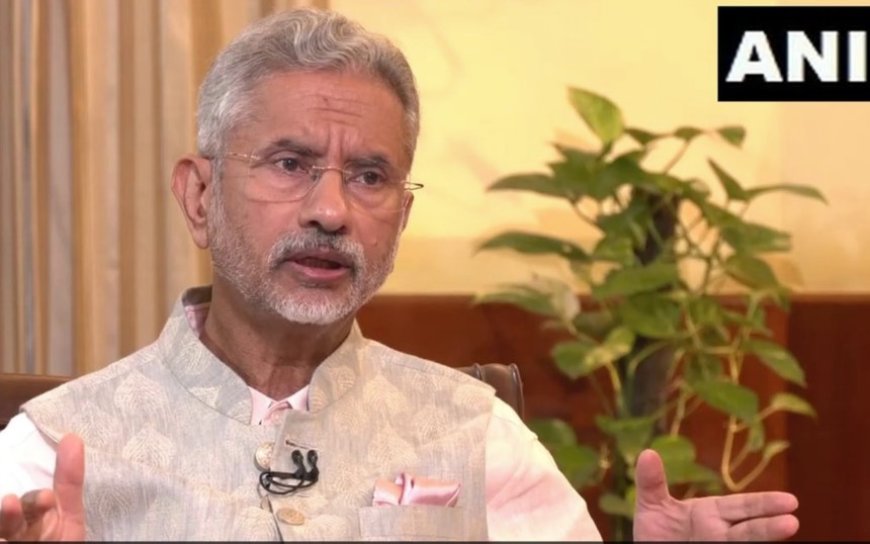New Delhi Declaration Amid Russia-Ukraine War: Diplomatic Hurdles and Global Consensus
Achieving a consensus on the New Delhi Declaration in the backdrop of the Russia-Ukraine war and "the strong views about it" required considerable time in the last few days, External Affairs Minister S Jaishankar said on Saturday.

In the backdrop of the ongoing Russia-Ukraine conflict, External Affairs Minister S. Jaishankar revealed that achieving a consensus on the New Delhi Declaration had been a time-consuming process due to the differing perspectives on the situation. On Saturday, he shed light on the matter, emphasizing the challenges posed by "strong views" regarding the war.
When questioned about China's stance on the declaration, which is regarded as a significant diplomatic success for India, Minister Jaishankar expressed that China had been "very supportive of the outcomes." This statement assumes significance considering previous speculations that both Russia and China might abstain from endorsing the declaration. In the days leading up to the summit, a senior U.S. official had hinted at this possibility, suggesting that aligning the interests of all G20 members was akin to getting "20 clocks to chime at the same time."
John Kirby, U.S. National Security Council coordinator for strategic communications, had remarked that the summit might conclude without a joint declaration due to the complexities surrounding the Russia-Ukraine conflict. He explained that disagreements often centered on issues related to the war in Ukraine, as countries like Russia and China were less inclined to support language that the broader international community found acceptable.
China's support for the declaration arrives at a time when India has strongly objected to China's "standard map," which incorporates Arunachal Pradesh and the Aksai Chin region into its territory. The prolonged border standoff in eastern Ladakh remains a significant point of contention in India-China relations.
In response to a query comparing the New Delhi Declaration to the one at the previous G20 Summit in Bali, where references to Russia and its aggressions were prominent, Minister Jaishankar emphasized the evolving nature of international dynamics. He pointed out that the geopolitical section of the New Delhi Declaration primarily focused on the Ukraine issue, with seven out of eight paragraphs addressing this matter.
"Bali was a year ago, the situation was different, and many things have happened since then. In fact, if you see, in the geopolitical segment of the declaration, there are eight paragraphs, seven of which actually focus on the Ukraine issue. Many of them highlight problems which are of great contemporary significance," he explained. Minister Jaishankar urged against adopting a rigid perspective, asserting that the New Delhi Declaration was shaped by the current situation and concerns, much like the Bali declaration had been tailored to address the circumstances a year ago.
While the Bali declaration had explicitly condemned Russian aggression against Ukraine and demanded unconditional withdrawal from Ukrainian territory, the New Delhi Declaration made reference to the Bali discussions and underscored adherence to national positions, resolutions adopted at the UN Security Council, and the principles of the UN Charter.
What's Your Reaction?













































